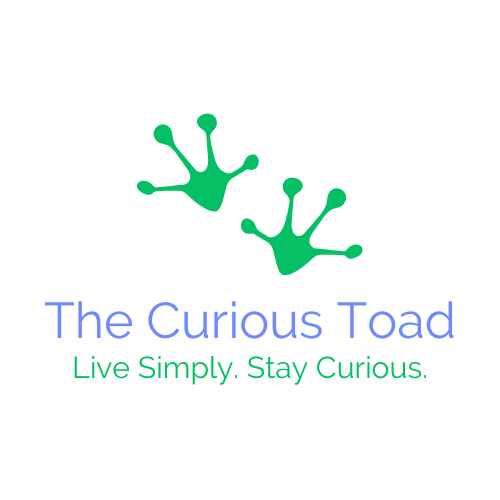Decision Fatigue: Why Your Brain Feels Tired Before Lunch
- Todd Rowley

- Sep 30, 2025
- 3 min read
Have you ever stared at your closet in the morning and thought, “I have nothing to wear”—even though it’s packed with clothes?
Or opened your fridge, scanned the shelves, and ended up ordering takeout because you couldn’t decide what to eat?
Have you ever ended a day feeling completely drained—yet when you look back, you didn’t do anything “physically exhausting”?
That, my curious friend, is decision fatigue at work.
It’s not laziness. It’s not a lack of willpower. It’s your brain simply running out of gas from the sheer number of choices it has to make every day.
What Is Decision Fatigue?

Decision fatigue is the mental exhaustion that sets in after making too many choices. From the moment you wake up, your brain is already tallying decisions:
What to wear
Coffee or tea
Drive or walk
Answer that email now or later
What’s for dinner?
Psychologists describe decision-making as a finite resource. Just like your muscles tire after a workout, your brain tires after a day of choices. And when your decision-making “fuel tank” runs low, you’re more likely to:
Avoid making decisions altogether
Make impulsive choices (hello, late-night Amazon orders)
Default to the easiest option, even if it’s not the best one
Why Does It Happen?
Our modern lives are overflowing with choices. Once upon a time, people didn’t agonize over 32 types of toothpaste or a dozen streaming platforms to pick from. But today, even the smallest, most ordinary decisions stack up and drain us.
The problem isn’t just the big life decisions—it’s the dozens (if not hundreds) of small ones. Every little choice takes a toll, and by the time you get to the important stuff—parenting, career, relationships—you’re already mentally spent.
The Daily Impact of Decision Fatigue

When decision fatigue sets in, life feels heavier than it should. You might notice:
Stress and anxiety over simple things (like choosing lunch).
Procrastination because even starting feels overwhelming.
Poorer decisions in finances, health, and relationships.
Less energy for curiosity—because when your brain is drained, it’s too tired to wonder, explore, or think deeply.
In short: decision fatigue steals clarity, focus, and joy.
How to Thwart Decision Fatigue and Live More Simply
The good news? You can sidestep much of this exhaustion by setting up your life in a way that limits unnecessary choices. Here are some practical strategies:
1. Automate the Small Stuff
Reduce the number of micro-decisions you need to make each day. Examples:
Eat a rotation of simple breakfasts instead of reinventing the wheel each morning.
Set up autopay for bills.
Schedule recurring grocery deliveries for essentials.
The fewer decisions you waste on routine matters, the more mental energy you’ll have for meaningful ones.
2. Create Routines
Morning and evening routines provide structure to your day. Instead of asking, “What should I do next?” you move naturally from one step to the next. Routines aren’t boring—they’re freedom from decision overload.
3. Limit Choices in Advance
Give yourself guardrails.
Simplify your wardrobe with clothes you actually love and wear often.
Meal plan a few days ahead.
Set screen time limits to avoid losing hours debating what to watch.
4. Make Big Decisions When You’re Fresh
If possible, schedule important choices earlier in the day, when your mind is clearer. Think of your brain like your phone battery—it works better in the morning before too many apps have drained it.
5. Practice Simplicity and Curiosity Together
Here’s the sweet spot: when you reduce clutter and unnecessary decisions, you free up space for curiosity. Instead of burning out on trivial choices, you can ask better questions, explore new ideas, and notice the little wonders around you.
Living simply isn’t about cutting joy—it’s about cutting noise. And when you do, you’ll be amazed at the energy you gain back to stay curious.
Closing Thought
Decision fatigue is real—but it doesn’t have to run your life. By streamlining your daily choices, you make room for clarity, focus, and the kind of curiosity that leads to a richer, simpler life.
Next time you feel your brain shutting down in front of the closet or the fridge, remember: it’s not about having too few options—it’s about having too many. The cure? Simplify, automate, and let curiosity guide the rest.










Comments